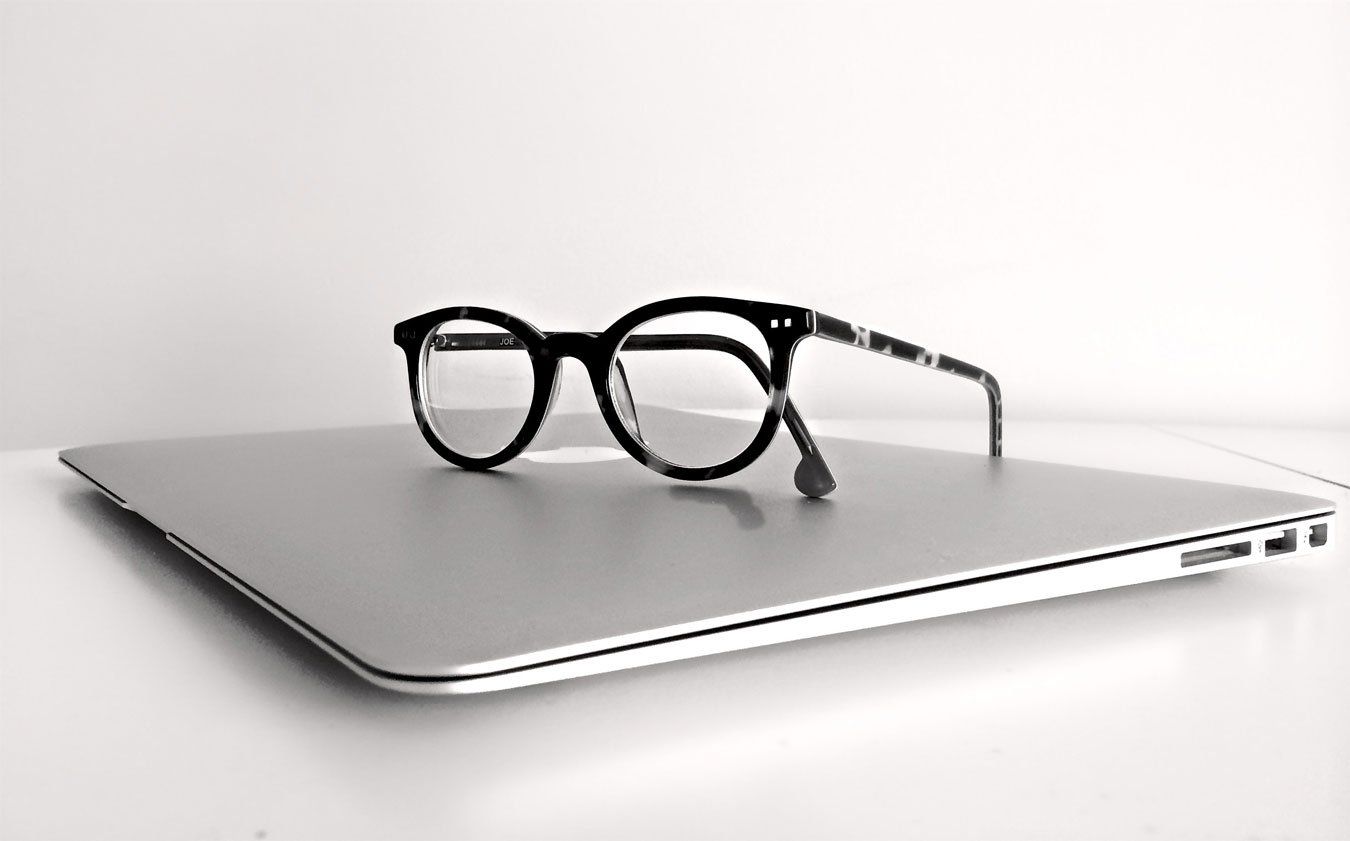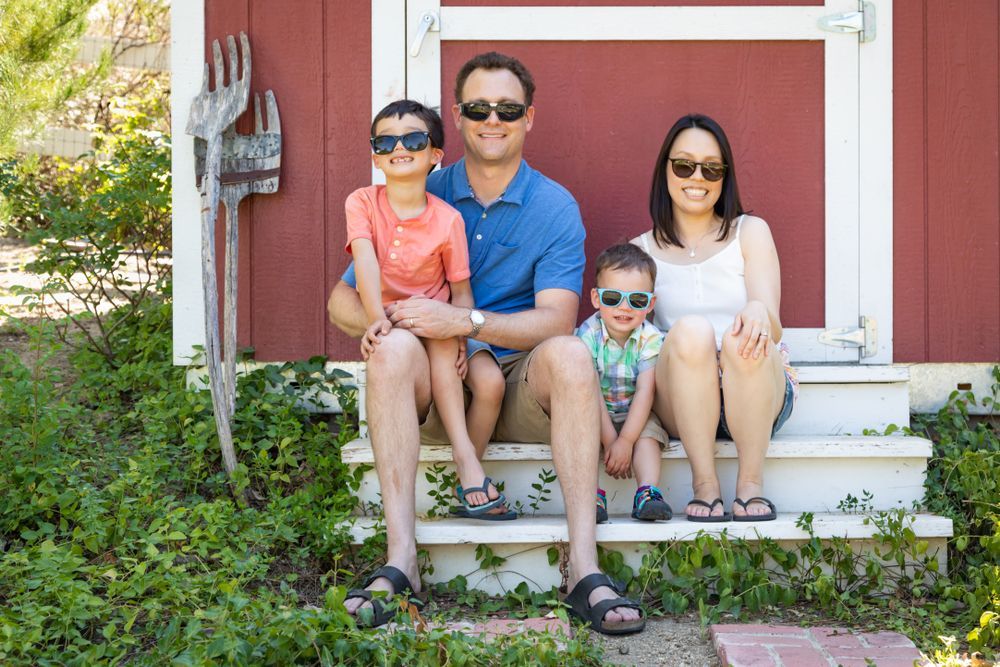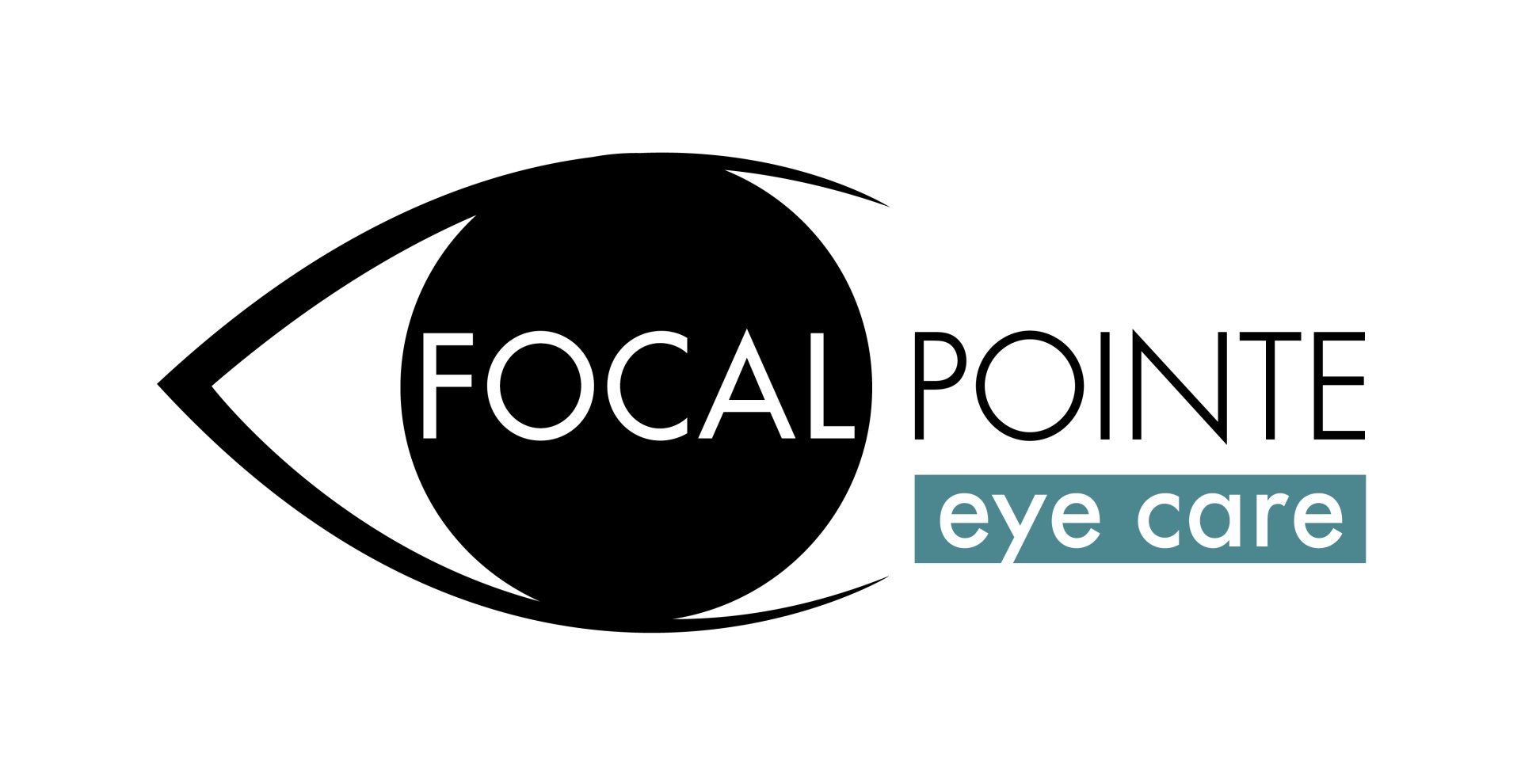
FOCAL POINTE BLOG
Button
Shield Your Sight: Why Sunglasses Are More Than a Style Statement

In recent decades, we’ve become increasingly aware of the dangers of sun exposure and the lasting effects it can cause. Thanks to the effort of organizations such as The Skin Care Foundation and the EPA, we’ve made leaps and bounds in knowing what the sun is capable of and how devastating UV damage can be to our skin. However, research shows that there is still progress to be made especially in terms of protecting our eyes from the sun. In a recent study, 75% of Americans report being concerned about UV light exposure to their eyes, but only 31% wear sunglasses every time they go outside. This disconnect is even more astounding in younger populations, where it’s reported that among people in their 20’s, approximately 50% rarely wear sunglasses. Children are among the least protected group of Americans with only 29% wearing sunglasses. This is a concerning statistic, as children are the most at-risk of sun damage due to receiving three times the annual sun exposure of adults, totaling roughly 55 days per year exposed to the sun.
We know that the sun can be dangerous to our eyes, but what are the risks? One of the better-known consequences of sun exposure without proper protection is sunburn. The skin around the eyes, as well as the cornea can be susceptible to sun damage. While the visible effects are short term, sun damage is cumulative and therefore can lead to long term problems. Polls show that Americans fear the loss of vision over the loss of any other sense, so it’s important to note that long term sun exposure contributes to several eye conditions that cause vision loss and even blindness.
Cataracts,
age-related macular degeneration (AMD), pterygiums and pingueculae, as well as cancer of the eye, eyelid and surrounding skin are all possible outcomes of long term exposure to unfiltered UV rays.
Now that we’ve talked about all the scary parts of sun damage, here’s the good news; there are ways we can be proactive and take steps to prevent sun damage! The most important thing we can do to help protect our eyes is to wear
quality sunglasses. Keep in mind that not all sunglasses are created equal. The most harmful radiation that comes from the sun is UVA and UVB, so finding sunglasses that block both types is key. Keep in mind that many sunglasses found at CVS, Walmart or your local gas station may have the sticker stating they block UVA/UVB but due to a lack of regulation, most have a spray-on coating that can wear off over time. Ultimately wearing glasses with little or no UV blocking can do more harm than good. To be absolutely sure you’re getting the protection you need, we advise that you go with a quality pair of sunglasses from a trusted optical retailer. Lenses from reputable optical locations have the UVA/UVB protection built into the lens so that it cannot be washed or scratched off over time.
Once you’ve chosen a quality pair of sunglasses, now all you need to do is wear them! Building good habits around sunglass wear is truly an investment in the future of your vision and your eye health, so being sure to put them on whenever you are outside is one of the best things you can practice. If you have children or grandchildren, help them create good habits now so that they will be wearing proper sun protection for years to come. We cannot change that sun damage is irreversible, but we can change the actions and steps we take to protect ourselves and those around us. We’ve never had anyone express regret over taking steps to preserve their vision and the health of their eyes.
Common Myths:
The darker the lens, the better the protection.
This is a common misconception. You do not have to wear the darkest lens in order to be protected. Lenses that come in many different tint shades and colors can still have UVA/UVB protection, so you aren’t limited to just the darker lenses.
I’m not light sensitive, so I don’t need them.
While there are certain factors that can affect how light-sensitive we are, and even some components that make us more or less susceptible to UV damage, no one is immune. Even if you don’t experience light sensitivity, you can still experience UV damage.
I’ll stick to cheap sunglasses because I lose/break them too often.
While ultimately the decision is yours, we think that wearing quality sunglasses is worth it. Oftentimes some of the activities we perceive carry the most risk for loss or damage are the times when we need sun protection the most. (Boating, hiking, the beach, sports activities, etc.) Quality sunglasses don’t have to be expensive, either. It is possible to find a balance between good sun protection for your eyes and pricing that is within your budget.
They’re not comfortable/I don’t like wearing them.
We get it. Some people just don’t like wearing glasses. Luckily there are thousands of shapes, sizes and fits so odds are you can find something you love (or at least tolerate!). From lightweight to sturdy to stylish, there’s something out there for everyone.
Fun Facts:
- The first SPF products were released to the US market in 1978, marketed as a “tan enhancer”!
- 36% of Americans spend time outdoors between the hours of 2 and 4 pm when UV exposure is at its highest.
- UV light is reflected all around us. Water reflects up to 100% of UV, snow reflects up to 80%, while concrete/dry sand can reflect up to 15%. Grass comes in at about 3% of UV reflected, so no matter the activity, it’s important to wear your sunglasses.
- Elton John is said to have accumulated over 1,000 pairs of sunglasses. So there’s no excuse for you not to have a backup or two!
As we've explored the significant risks of UV exposure to our eyes, it's clear that taking preventative measures is not just wise—it's essential. Don't wait until you notice problems; be proactive about your eye health. Visit our office today to find the perfect pair of
high-quality sunglasses that provide full UVA and UVB protection. While you're here,
schedule a comprehensive eye exam to ensure your vision remains sharp and your eyes are healthy. Protecting your sight is an investment in your future, and our team is here to help you every step of the way.
Works Cited
The Vision Council. 2016 UV Protection Report. 2016, https://thevisioncouncil.org/sites/default/files/TVC_UV_Report2016.pdf.
World Health Organization. Radiation: Ultraviolet (UV) radiation. 2016, https://www.who.int/news-room/questions-and-answers/item/radiation-ultraviolet-(uv).
ARVO. New poll: Americans fear blindness more than loss of other senses, strongly support more funding for research. ARVO, 2014, https://www.arvo.org/About/press-room/press-room/2014-press-archive/new-poll-americans-fear-blindness-more-than-loss-of-other-senses-strongly-support-more-funding-for-research/.
CONTACT US
GET IN TOUCH
Website Footer Form
Thank you for contacting Focal Pointe Eye Care. A member of our team will review your inquiry and respond to you within one business day.
Contacting us on the weekend? Most inquires receive a response on Monday afternoon.
If your need a faster response, please call us at 513-779-3937 during regular business hours.
If you have an eye emergency, please call our phone number and listen for instructions.
Please try again later
Office Hours:
M: 10:30am-5:00pm
Tu: 9:00am-5:00pm
W: 9:00am-5:00pm
Th: 9:00am-5:00pm
F: 9:00am-3:00pm
